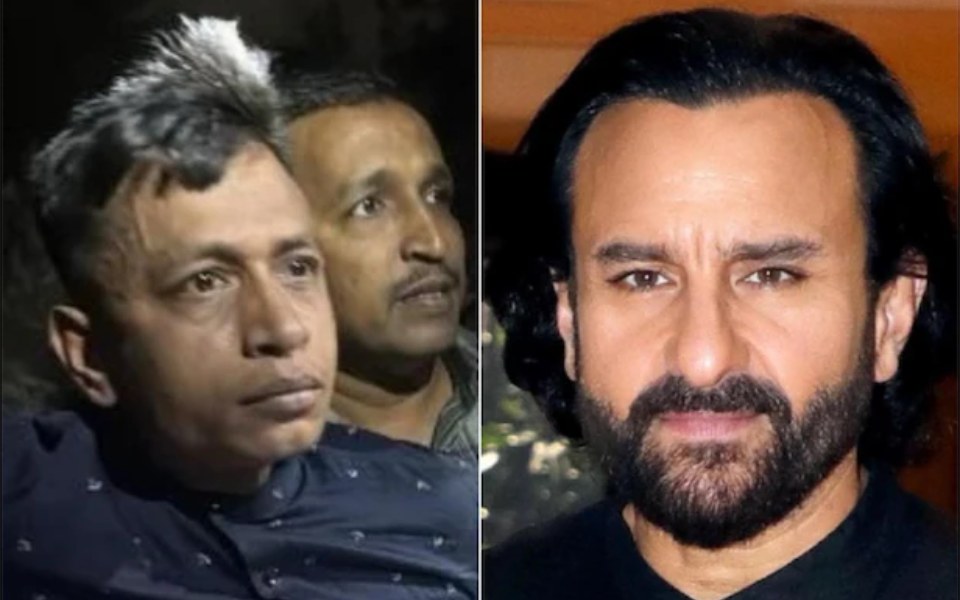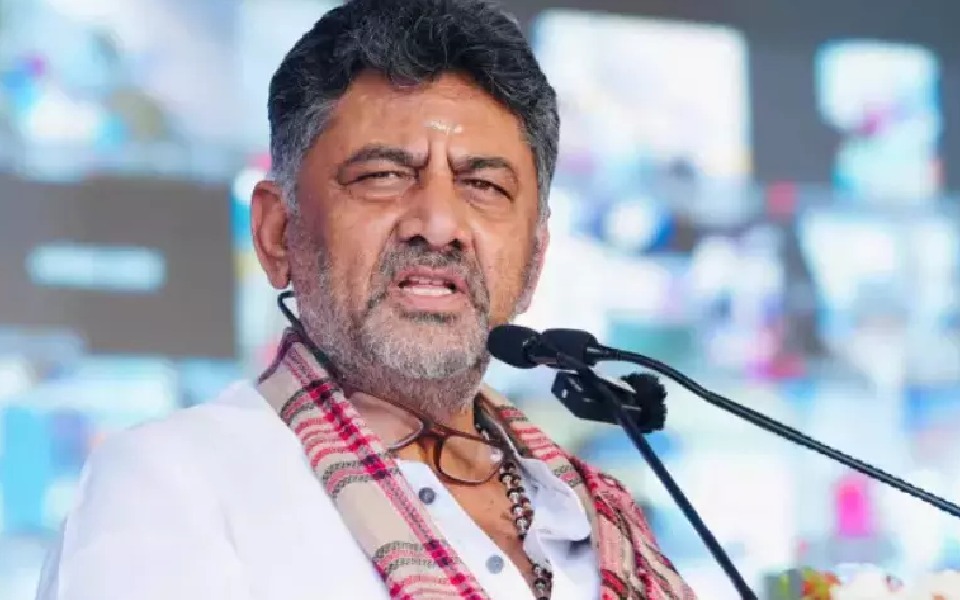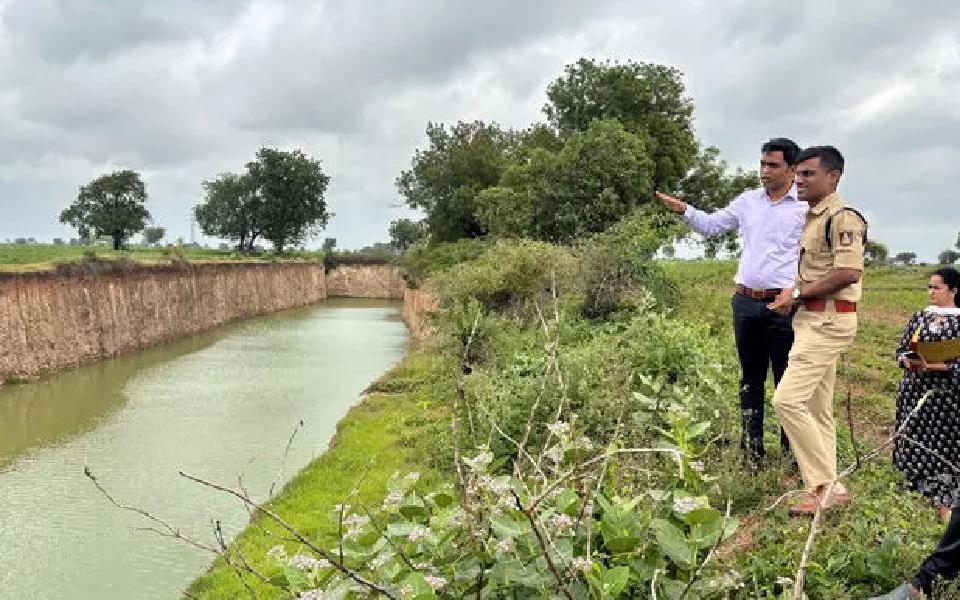New Delhi (PTI): Prime Minister Narendra Modi on Sunday urged people to make efforts to remove malnutrition while stressing that social awareness was a crucial aspect of this fight.
In his monthly Mann Ki Baat radio broadcast, Modi said the 'Amrit Dhara' of 'Amrit Mahotsav' marking 75 years of India's independence was flowing in all corners of the country in this month.
"On the special occasion of Amrit Mahotsav and Independence Day, we have seen the collective might of the country," he said.
Modi urged the people to join the campaign to fight malnutrition in the coming month.
"Besides festivals, September is also dedicated to a big campaign related to nutrition. We celebrate 'Poshan maah' or nutrition month between September 1 and 30," Modi said.
Many creative and diverse efforts are being made against malnutrition, he noted.
"Better use of technology and public participation have also become an important part of 'Poshan Abhiyan'.The Jal Jeevan mission is going to have a big impact in making India malnutrition free," he said.
Efforts associated with social awareness play an important role in dealing with the challenges of malnutrition, Modi said and urged people to make efforts to remove malnutrition.
The prime minister also urged people to watch the Swaraj serial, which highlights contributions of freedom fighters, on Doordarshan.
"It is a great initiative to acquaint the younger generation of the country with the efforts of unsung heroes who took part in the freedom movement," he said.
Let the Truth be known. If you read VB and like VB, please be a VB Supporter and Help us deliver the Truth to one and all.
Mumbai, Jul 25 (PTI): Police have opposed the bail plea of the Bangladeshi national arrested for allegedly stabbing Bollywood actor Saif Ali Khan with a knife and injuring him at his home here in January this year, telling a Mumbai court there was "strong evidence" against the accused.
Citing a Forensic Science Laboratory report, police reiterated before the sessions court their earlier claim knife fragments that got lodged near the actor's spine during the attack as well as a part found at the crime spot have matched with the weapon recovered from the accused, Shariful Islam.
These three pieces were part of the same weapon (knife) used to attack the filmstar, the police said in a written response to the accused's plea submitted in the court on Thursday (July 24).
Khan was repeatedly stabbed with a knife by an intruder inside his 12th floor apartment in upscale Bandra on January 16 during a robbery attempt.
The 54-year-old actor underwent surgery at Lilavati Hospital to remove a piece of knife that got lodged near his spine during the attack. He was discharged from the private hospital after five days.
Shariful Islam, a Bangladeshi national, was arrested two days later for allegedly stabbing Khan.
The police, in their response, highlighted that the accused is a Bangladeshi citizen residing illegally in India.
If granted bail, there was a possibility that he may flee India and not appear before the court during the trial. The crime committed by the accused is of a "very serious nature, and strong evidence" is available against him, they argued.
In his bail plea, filed through advocate Vipul Dushing, the accused asserted he was innocent and had no prior criminal record.
Investigation into the case has practically concluded with only the filing of a chargesheet pending, the accused contended while seeking bail.
The alleged attacker has been booked under Bharatiya Nyaya Sanhita (BNS) sections related to house trespass, robbery and dacoity with attempt to cause death or grievous injury.

_vb_14.gif)



